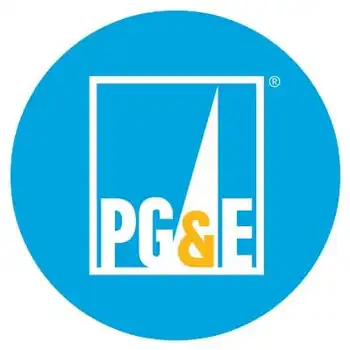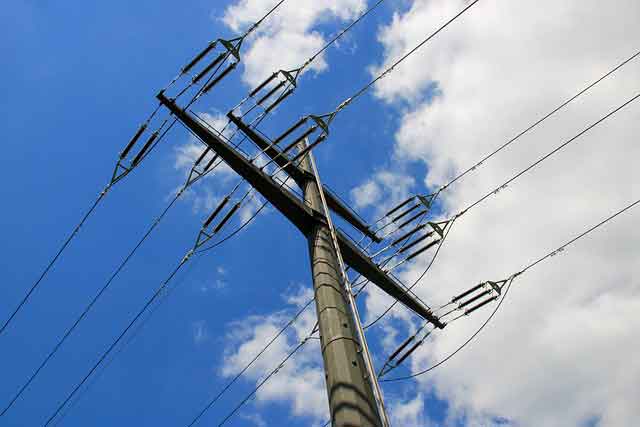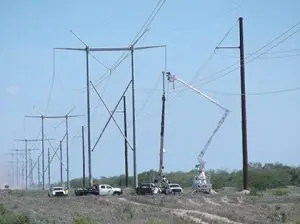Greater use sought of heavy oil by U.S.
By CANADIAN PRESS
Substation Relay Protection Training
Our customized live online or in‑person group training can be delivered to your staff at your location.

- Live Online
- 12 hours Instructor-led
- Group Training Available
"I believe that it's in the American interest to provide incentives to refiners to achieve this, since it is the biggest single constraint to capitalizing upon the Canadian oil supply security opportunity," EnCana Corp. chief executive Gwyn Morgan said recently in a speech to the Canadian Society of New York.
"These are crucial actions, but they are relatively simple in the context of what's at stake in an unstable world. Canada and the United States share a vital interest in their achievement."
Morgan said Canada-U.S. relations have deteriorated in recent years.
Citing the softwood lumber dispute, grain and dairy subsidies, the single case of mad cow disease and the August blackout, Morgan said there have been serious problems.
The energy company executive also said Canada could do more.
"Just as lasting partnerships require a sharing of the effort, Canada has not carried its share in the area of maintaining an effective military capability," Morgan said.
"We didn't participate in Iraq, and this was criticized. But in my view the problem wasn't so much that we didn't, but rather how we communicated our decision. We didn't communicate like best friends should."
But he thinks Paul Martin will be able to rebuild good will after Prime Minister Jean Chrétien steps down.
"I have great confidence that, just as Paul Martin has removed Canada's fiscal deficit, he will act decisively to remove Canada's relationship deficit with the United States," Morgan said.
Earlier this year, EnCana sold its stake in Syncrude, the world's largest oil-sands project, to the Canadian Oil Sands income trust.
Syncrude is Canada's largest single source of oil and the world's biggest producer of light sweet crude from oil sands. The joint venture, with a workforce of 3,900, shipped nearly 84 million barrels of oil last year and will go through a $5.7 billion expansion to double production by 2015.
"Just as Canada's natural gas exports are crucial to the U.S., further development of the Alberta oil sands offers both an important economic opportunity for Canada and a big supply security advantage for the United States," Morgan said.
A survey by PricewaterhouseCoopers earlier this year suggested that, within two years, half of Canada's total crude oil output will come from northern Alberta's oil sands and represent 10 per cent of North American production.
The study placed the oil-sands reserves at 2.5 trillion barrels of bitumen, of which 315 billion barrels can be recovered with current technology and pricing.
Last year, the Oil and Gas Journal, an industry publication, recognized 177 billion barrels of reserves from the oil sands. That makes Canada the second-largest holder of energy reserves, behind Saudi Arabia.











